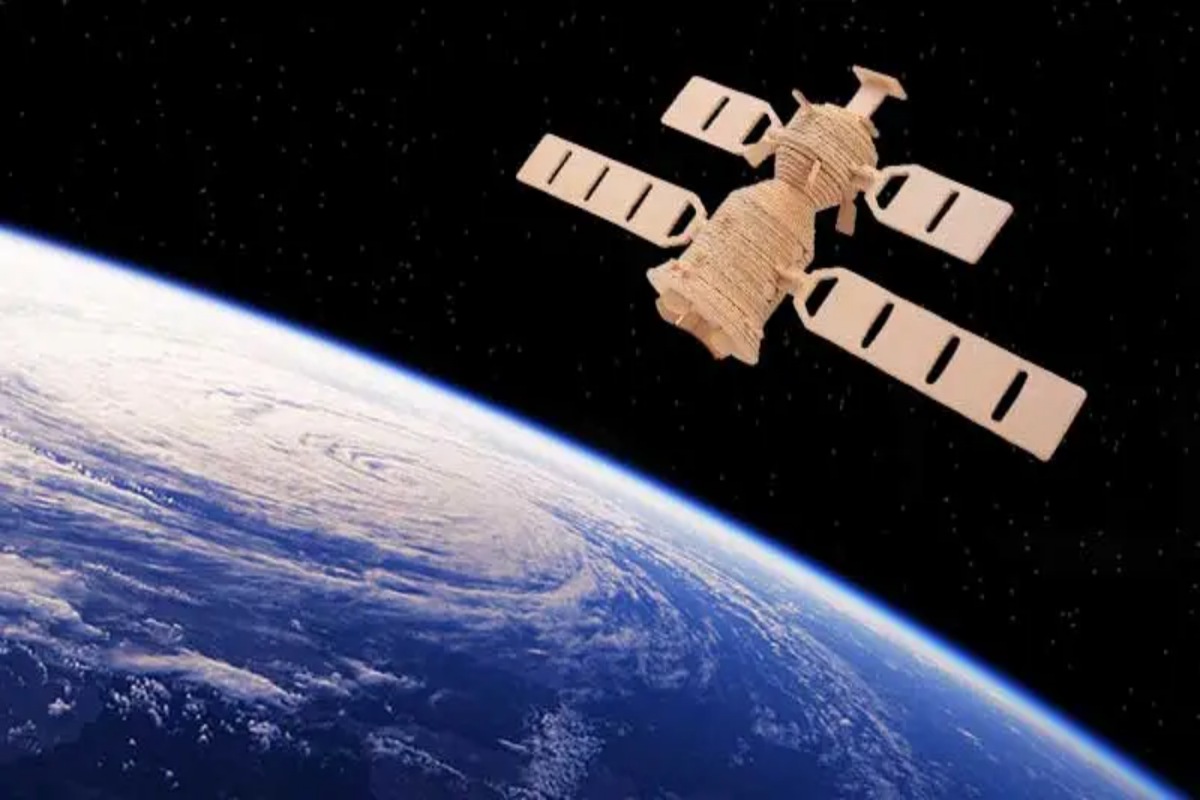Japan has been historically taking part in the race for finding out the universe’s secrets, and it is not the only global power to invest millions in these kinds of research. As a result, countries have sending satellites to explore and better understand the complexities of space. In addition, these technological inventions also give communication, navigation and weather functions to our planet.
Out of the thousands of satellites that are available, most of them end up becoming “space trash,” as their lifespan, just like other devices, have a limited time. Moreover, their construction can potentially involve high costs, as its materials are usually quite expensive, and this is something people in this field have tried to avoid.
As a result, researchers in the Kyoto University, in Japan, have discovered that wood from the Magnolia Tree (Magnolia Grandiflora), would be ideal to construct satellites at a very low cost. This conclusion was reached after experts tested 3 types of wood in the International Space Station (ISS). Their report shows that Magnolia Grandiflora was the most versatile material, as it did not show any decomposition processes or fissures after 10 months being observed in outer space.
The new wooden satellite seems to be the appropriate option due to its cost-effective and eco-friendly qualities. The research shows that the artifact will burn when entering the atmosphere, as soon as its lifespan reaches its end point. Japan initiated this project since 2020 with the Ligno Stella Space Wood name. It has also been stated that the United States’ NASA, along with JAXA in Japan, will officially work in the project as of 2024.

